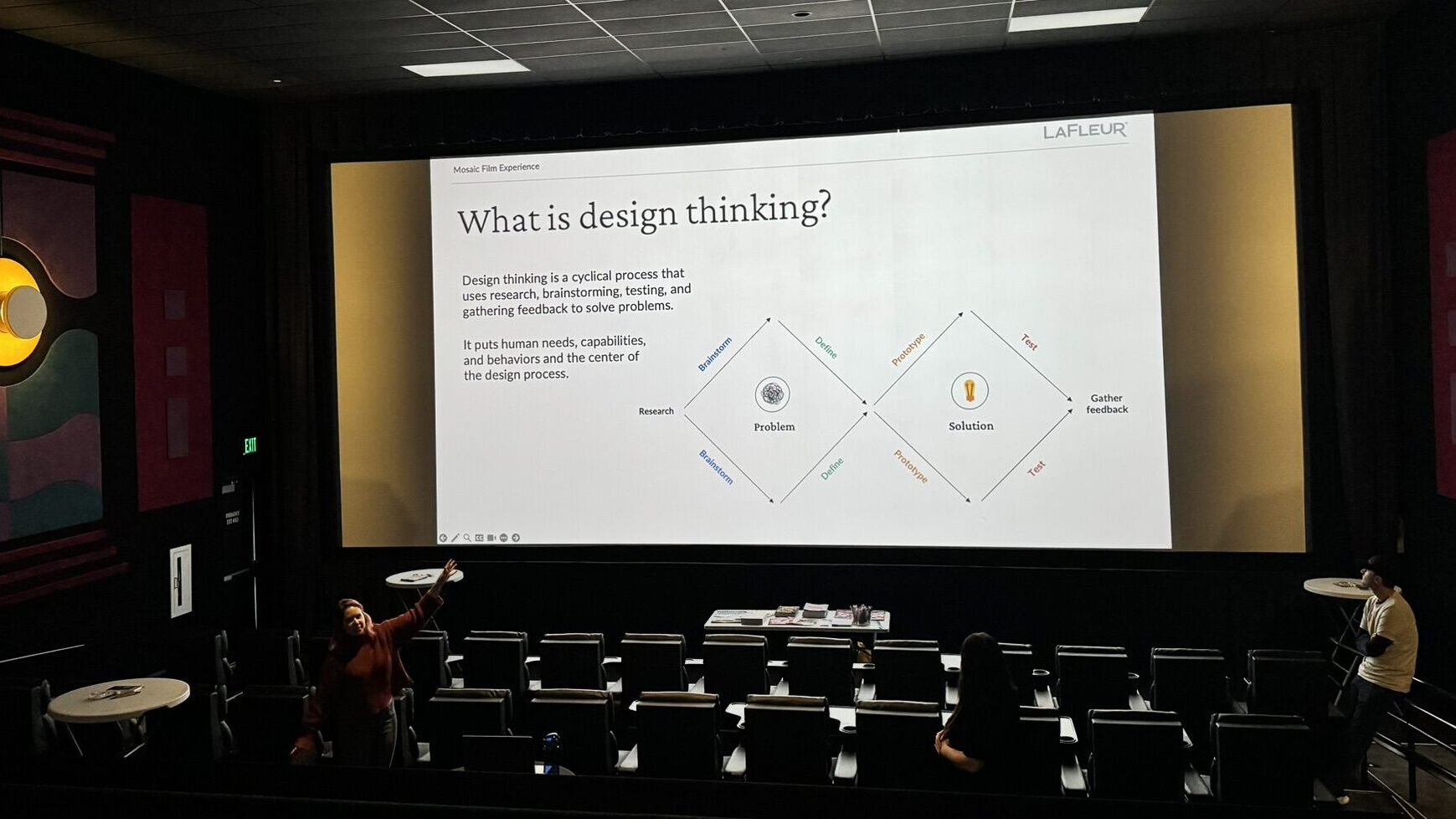Pay-per-click (PPC) advertising can be an incredibly powerful tool, but only when it’s executed in a highly targeted manner. PPC works when your ads appear to potential customers or clients who are searching for highly relevant and desirable potential keywords. When your ads start ranking for the wrong keywords, your campaigns can receive a large number of irrelevant clicks, which will waste time and money and destroy your ROI (return on investment).
Fortunately, Google is aware of this problem, and they’ve provided negative keywords as a solution within their Google Ads (formerly Google AdWords) PPC platform. Negative keywords can help advertisers better target their ads by cutting down on irrelevant clicks, which can save an enormous amount of money in the long run.
How are negative keywords different from other keywords?
On their help page for negative keywords, Google has a perfect example for why these keywords are so important when creating search ads. Imagine you’re an optometrist who sells eyeglasses. You know many people refer to your products as simply “glasses” instead of “eyeglasses,” so your ads contain lots of instances of the word “glasses.”
However, without negative keywords, your ads are now likely to show up when people perform unrelated searches that use the word “glasses,” like searches for cocktail glasses and wine glasses. If someone who searches for one of these nonrelevant terms sees one of your ads and clicks on it (perhaps because they don’t realize it’s for the wrong type of glasses), you’ll have to pay for that click, and there’s almost no chance it will bring you a customer.
3 types of negative keywords
Google Ads gives you three different match types you can use for your negative keywords:
- Exact match: With an exact match negative keyword, you’ll exclude search terms that are identical to the keyword.
- Example: An exact match negative keyword for “wine glasses” will prevent your ads from showing up when someone searches for “wine glasses,” but not when someone searches “cheap wine glasses.”
- Phrase match: When you use a phrase match negative keyword, you’ll block your ad from appearing for any search query that contains the keyword.
- Example: A phrase match negative keyword for “wine glasses” will prevent your ads from showing up when someone searches for any phrase that contains “wine glasses,” including variations like “cheap wine glasses.”
- Broad match: Broad matches prevent your ads from showing up for searches that contain any of the words you’ve specified.
- Example: A broad match negative keyword for “wine glasses” will keep your ad from appearing when someone searches for any phrase that contains either the word “wine” or “glasses.” So, your ads won’t appear when someone searches for “french wine,” “cheap wine glasses,” or “custom eye glasses.”
Knowing when to use each negative match type takes some experience and finesse, but with practice (or with help from an experienced PPC marketing partner), you’ll get it down.
How do I find negative keywords?
You have three primary methods available you can use to find negative keywords for your PPC ad campaigns.
- Manual search: This method is straightforward. Take the keywords you want to advertise for and plug them into Google. See what comes up in the organic listings, the paid results, and the related searches. In the example below, if you’re advertising for eyeglasses, you can use the search results and notice potential negative keywords like “plastic,” “glassware,” “barware,” “etched,” “drinking,” and so forth.
- Autocomplete results: The autocomplete results for a Google search can also give you some helpful ideas for Google search results. For example, check out the search below. You might have already thought of “drinking” as a negative keyword if you’re trying to sell eyeglasses using the keyword “custom glasses,” but you probably didn’t imagine you’d need to exclude “animal crossing.”
- Keyword research: There are lots of keyword research tools available that will help you find valuable negative keywords. Many of the best tools, like Ahrefs and SEMRush, require a paid subscription. However, everyone who uses Google Ads has access to Google Keyword Planner, which is a free keyword research tool that is plenty powerful enough to gather a large volume of essential negative keywords.You can find Google Keyword Planner in the top right of your Google Ads interface, under the “Tools & Settings” option.
When you put a keyword into Keyword Planner, you’ll get a large list of related keywords that you can use to generate ideas for negative keywords. For example, you can see that when we put “custom glasses” into Keyword Planner, our search results include some potential negative keyword phrases we haven’t thought of yet, such as “champagne,” “shot,” and “engraved.”
RELATED: Pay-Per-Click Tools and Resources for Long-Term Success
Finally, people often make unexpected turns of phrase and typos in their web searches, so you may want to expand your list of negative keywords to include common misspellings and close variations.
Adding negative keywords to your search campaigns
Once you’ve got a hefty negative keyword list, you need to add those keywords to your ad groups in Google Ads. Fortunately, this process is easy. Just navigate to “Negative Keywords” under the “Keywords” on the left-hand-side menu of your Google Ads interface, then use the option that says “+Negative Keywords.”
Can I use negative keywords in my display campaigns?
Yes, you can. However, negative keywords aren’t as precise on Google’s Display Network as they are on the Search Network, so your ad might still show up for searches that contain the negative keywords you’ve specified. Still, that doesn’t mean it’s not worthwhile to use negative keywords in display campaigns. Avoiding some irrelevant clicks is better than avoiding none.
Also, note that for display and video campaigns, Google only allows broad match negative keywords.
The process for gathering negative keywords for your display campaigns is the same as we described throughout this article, and the method to add them is identical as well.
Get more PPC leads for less money with LaFleur
Getting the most out of your PPC budget takes expertise, experience, and dedication. At LaFleur, we employ full-time PPC specialists who have years of experience running efficient, affordable search and display ad campaigns for businesses of all sizes. If you’re ready to realize the possibilities of PPC, call us at (888) 222-1512 or use our online contact form to get in touch.
References
About negative keywords. (n.d.). Google Ads Help. Retrieved from https://support.google.com/google-ads/answer/2453972?hl=en










